The Street Dog Coalition: Veterinarians make a difference across the U.S., in Ukraine
The Street Dog Coalition, founded in 2015 in Fort Collins, Colorado, had a strong presence at the recent American Veterinary Medical Association (AVMA) Convention in Denver with the AVMA Cares Clinic.
The coalition held a four-hour clinic outside of the Colorado Convention Center for pets of people experiencing or at risk of homelessness, serving around 30 animals. In addition, veterinarians donated their artwork through the VETartNow initiative to benefit the organization, raising $12,500 through sales of the artwork. Hill's Pet Nutrition matched this figure, bringing the amount donated to $25,000.
Veterinary33 spoke with three of the organization’s leaders, including Executive Director Katrina Weschler, Medical Director Dr. Hilary Wheeler, DVM, and Dr. Fifa Rahim, DVM, team lead for Denver. They shared details about the organization’s history, reach and how they conduct outreach to ensure collaboration with partners. An edited transcript from the interviews follows.
Q: Where are the coalition’s staff and veterinarians based?
Weschler: Our small but mighty staff is remote. That helps us with our presence in multiple states. Hilary is based in the Bay Area of California. My partner is a travel nurse, so we move every six months. That’s what is special about The Street Dog Coalition, we don't all have to be in the same spot to do this amazing work.
Q: Tell me about the history and background of The Street Dog Coalition, who founded it and what was the goal when it was launched?
Weschler: Dr. Jon Geller is the founder of The Street Dog Coalition. He launched the organization in Fort Collins in 2015, when the first street clinic happened. He had a vision for what the coalition could achieve. He has these wonderful ideas, and we root those ideas in the proverbial soil and give them sustainable life. This is a vision he had when he was in Nashville in 2014 for a conference, and he saw a pet owner experiencing homelessness. As he describes it, he said it was a silent dialogue, that they looked at each other and Jon felt a calling to do something and to provide that preventative care for that pet.
Q: What’s the structure for these clinics and what services do your teams provide?
Rahim: As the Denver team lead, I organize monthly clinics for pets of people at risk of or experiencing homelessness. At the clinics, we do everything from wellness checks —vaccines, or flea and tick prevention are examples of that care. We are also able to symptomatically treat for ailments like eye, ear and skin infections. We work collaboratively with nonprofit organizations or low-cost clinics if continued care or surgeries are needed. As an example of that work, we provide spay and neuter vouchers so that people can afford to have their dogs and cats get that elective surgery.
Q: How has the organization grown since 2015? On your website, I see upcoming clinics being held in California, Pennsylvania, Colorado, Kansas, New York state and West Virginia.
Wheeler: Katrina got involved early on as a volunteer and then she became Jon's right hand, essentially. Around that time, we started getting a little bit more structure and organization to The Street Dog Coalition. We have formed teams across the country and are now in over 60 cities in the U.S. We are also helping the people of Ukraine. Jon started that work in 2022.
Q: Tell us about the work in Ukraine, how does that type of outreach work in a war zone?
Wheeler: Jon went there in March 2022, a month after the war started. He managed to connect with and work and partner with some of the other organizations trying to help. Then, he had veterinarians from the U.S. come over to help in Romania, right over the Ukraine border. Refugees were fleeing Ukraine with their pets. We now have a bus that's a mobile veterinary clinic that's traveling through Ukraine.
Q: What is the company’s overall mission and goal?
Weschler: Our mission is to provide free medical care and related services to pets of people experiencing or at risk of homelessness. When there is a need, we identify that need and create programs to meet it, like Operation Ukraine.
Q: How are you able to measure the success of your efforts?
Wheeler: Since we have teams in so many parts of the country, we know the need for our services is everywhere and it's greater than we can possibly cover. But, if we have teams across the U.S. and in areas where people experience homelessness and their animals need care, we give them access to that care. To me, that’s success right there. Even if a team sees, say, five patients, that's five lives that they’ve touched. And it goes on to such a deeper level. Oftentimes people can’t get into a shelter or housing unless their animal is up to date on vaccines or has an emotional support letter, which is why we partner with One Health organizations and human health care as well whenever possible. We strive to provide those wraparound services for the person as well as the animal.
We really aim to take care of lives ‘on both ends of the leash.’ We’re not only helping animals and pets. We’re looking at the bigger picture. Success is what we're doing, every time we have a clinic.
Weschler: The other way we measure success is by creating a sustainable structure, to make sure that we can continue to exist, make sure that our teams are supported, and that nobody burns out doing this work. Hilary has coined the phrase the “helping high.” Our volunteer clinicians, techs and others do this work for the “helping high” and we want to make sure that remains and that people feel positive about the work they are doing.
Q: What’s the typical turn out like at these clinics?
Wheeler: It depends on where we are, and the timeline of the clinic. We hold clinics that last from two to three hours up to six hours. It also depends on how many volunteers we have. At the AVMA Convention in Denver, we had seven vet stations, which is quite large for us.
With most of our team events, we have one to three veterinarians. At a clinic in San Jose recently, we saw about 80 animals with five veterinarians, and that was a five-hour clinic. On average, we will see 10 to 30 animals and their people.
Q: How do you get the word out about these clinics to people experiencing or facing homelessness?
Weschler: It’s all about collaboration. We work with organizations that are already serving these communities. We like to piggyback; we don't need to re-create the wheel if we can team up with an organization that is providing a free meal or laundry service.
Rahim: We work with nonprofit organizations in Denver including Joyful Journeys and the Denver Street Outreach Collaborative. In addition, we walk the streets and hand out flyers to individuals to let them know that a clinic is happening in the area on that day. Through our immediate network of veterinarians, they may encounter within their clinic someone who cannot afford their services. And they can say: there’s a clinic taking place soon where you can get these services.
Q: How do you keep motivated about this type of work? It must be challenging on some days, especially for volunteers doing this work on top of a full-time job.
Wheeler: It recharges me and allows me to help people and their pets in a way that typical work doesn't always provide in terms of gratitude and satisfaction. And for veterinarians, we can get back in touch with our roots of why we decided to go into this profession and its accessibility to care. It’s rewarding to focus on helping animals and their people and not worry about the bills and explaining the cost of services, and all of that. We all have superpowers and for veterinarians, if we help animals, we are helping so many people and we are improving lives everywhere.
Weschler: It's a ripple effect. Word of mouth gets out about the clinic, so people know to come to us. And for anyone who wants to help and sometimes feels overwhelmed by the state of the world, we give them an easy way to make it better. Even a one-time donation will go a long way.
The Street Dog Coalition core values
- Unconditional love
- Trust
- Compassionate activism
- Unbridled collaboration
Learn more, see if there are any clinics near you at: https://www.thestreetdogcoalition.org/
Mary Guiden contributed content to this story.



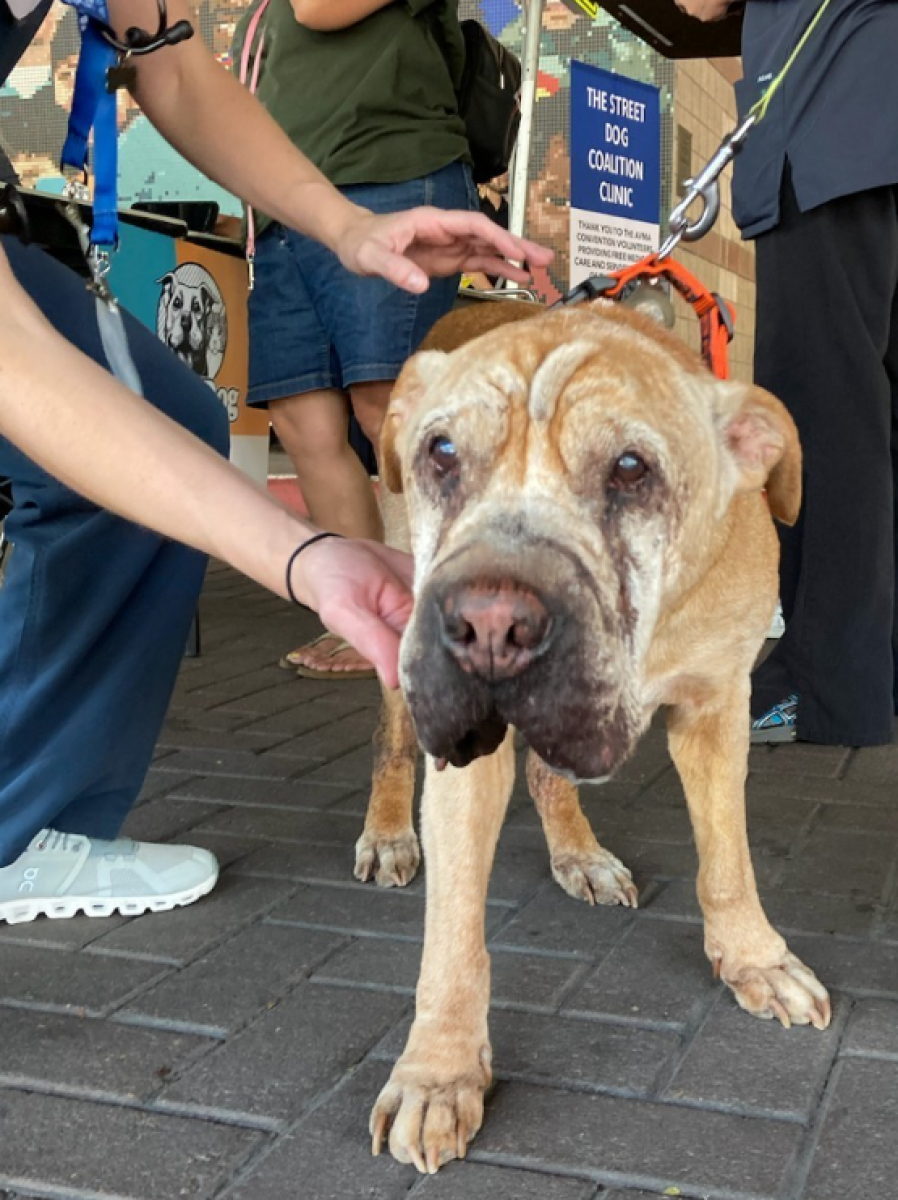
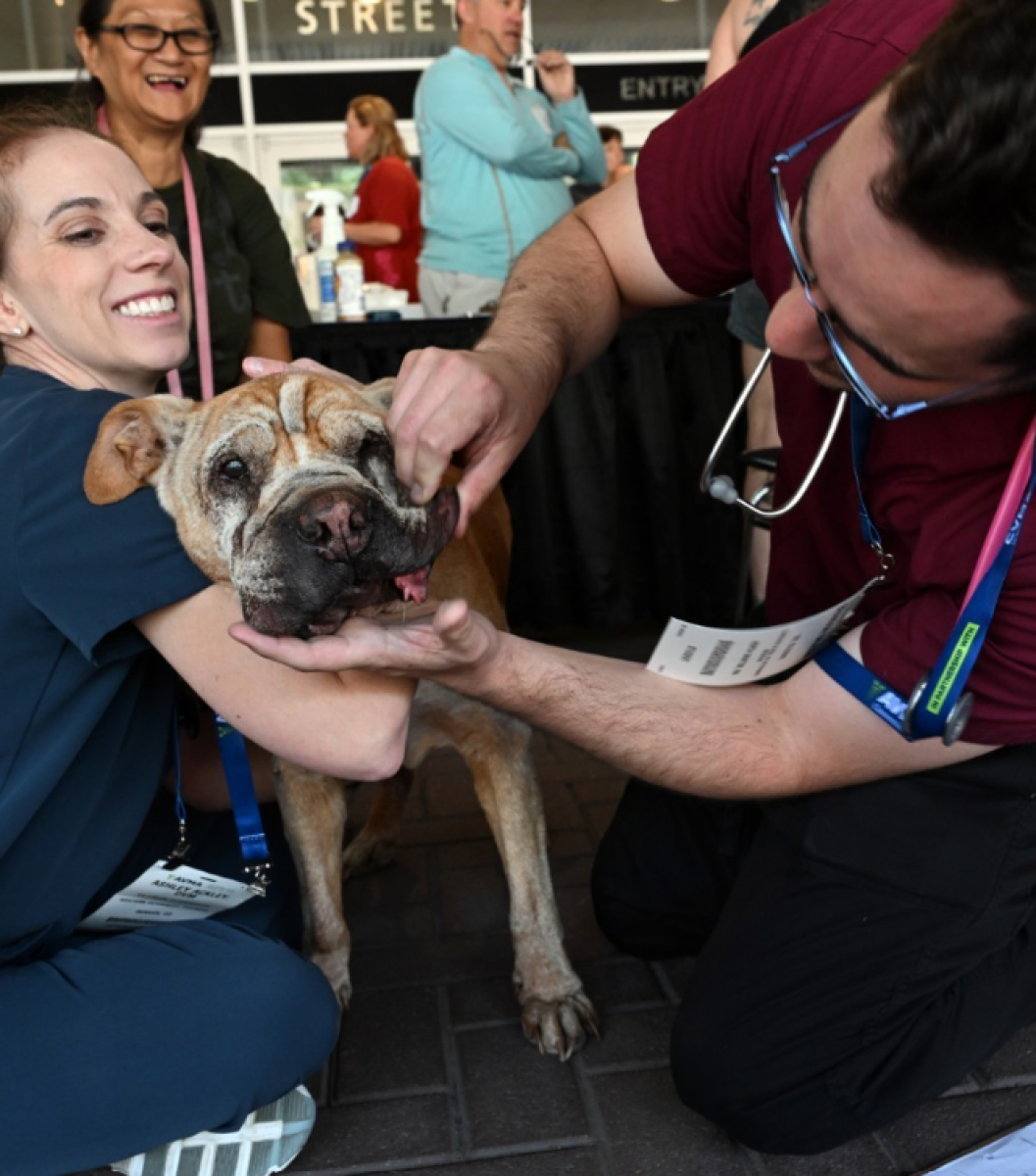
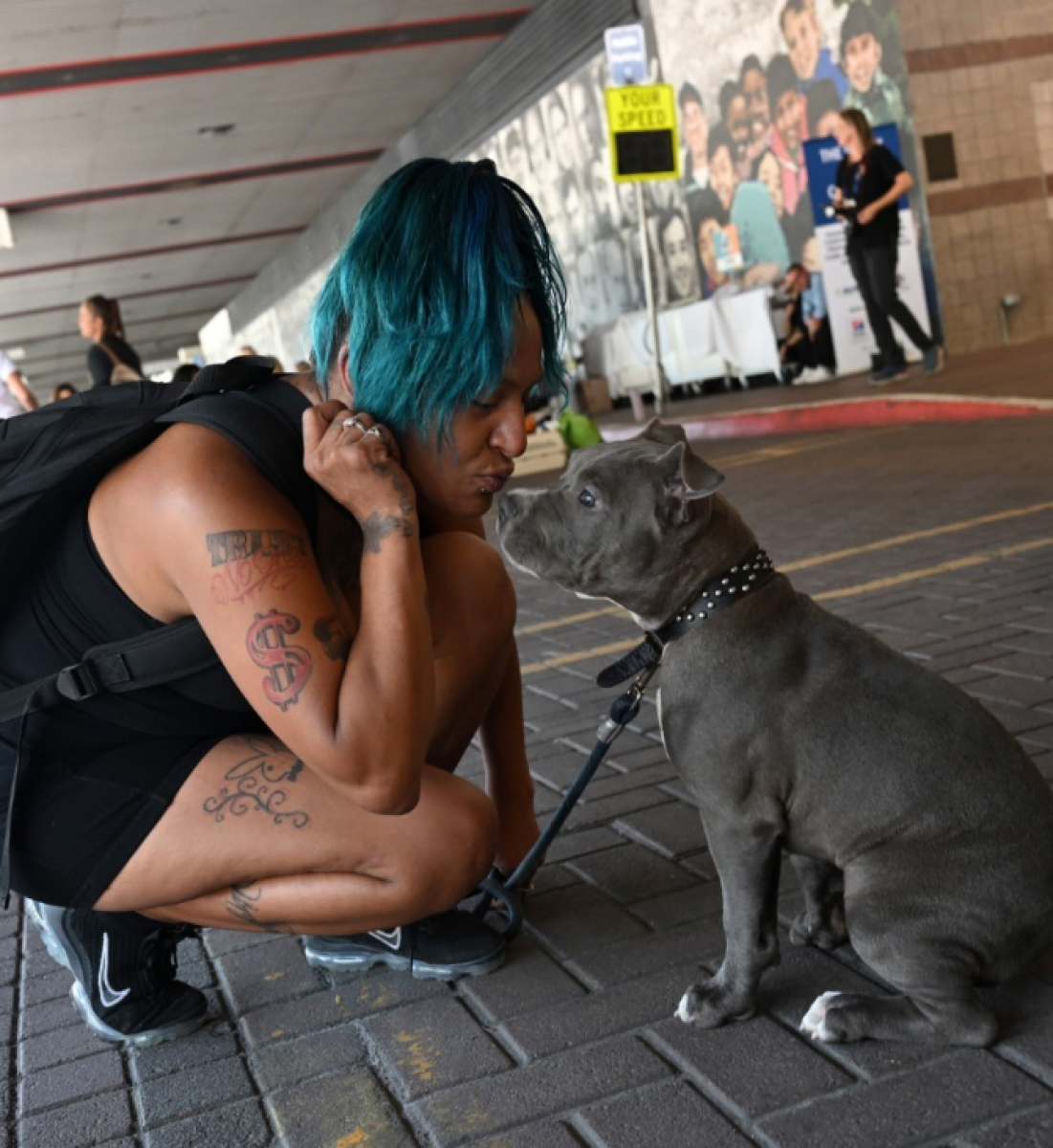
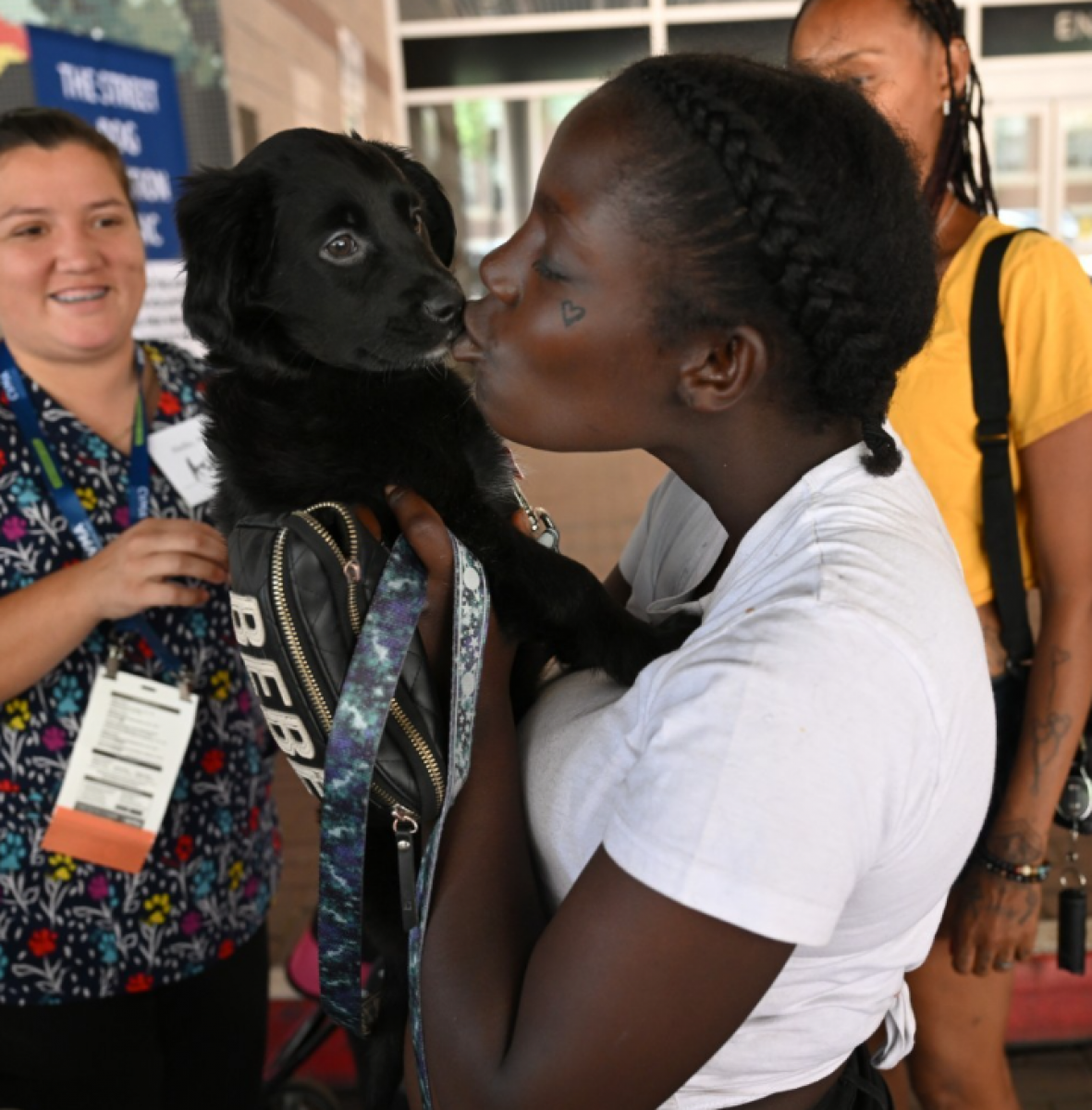
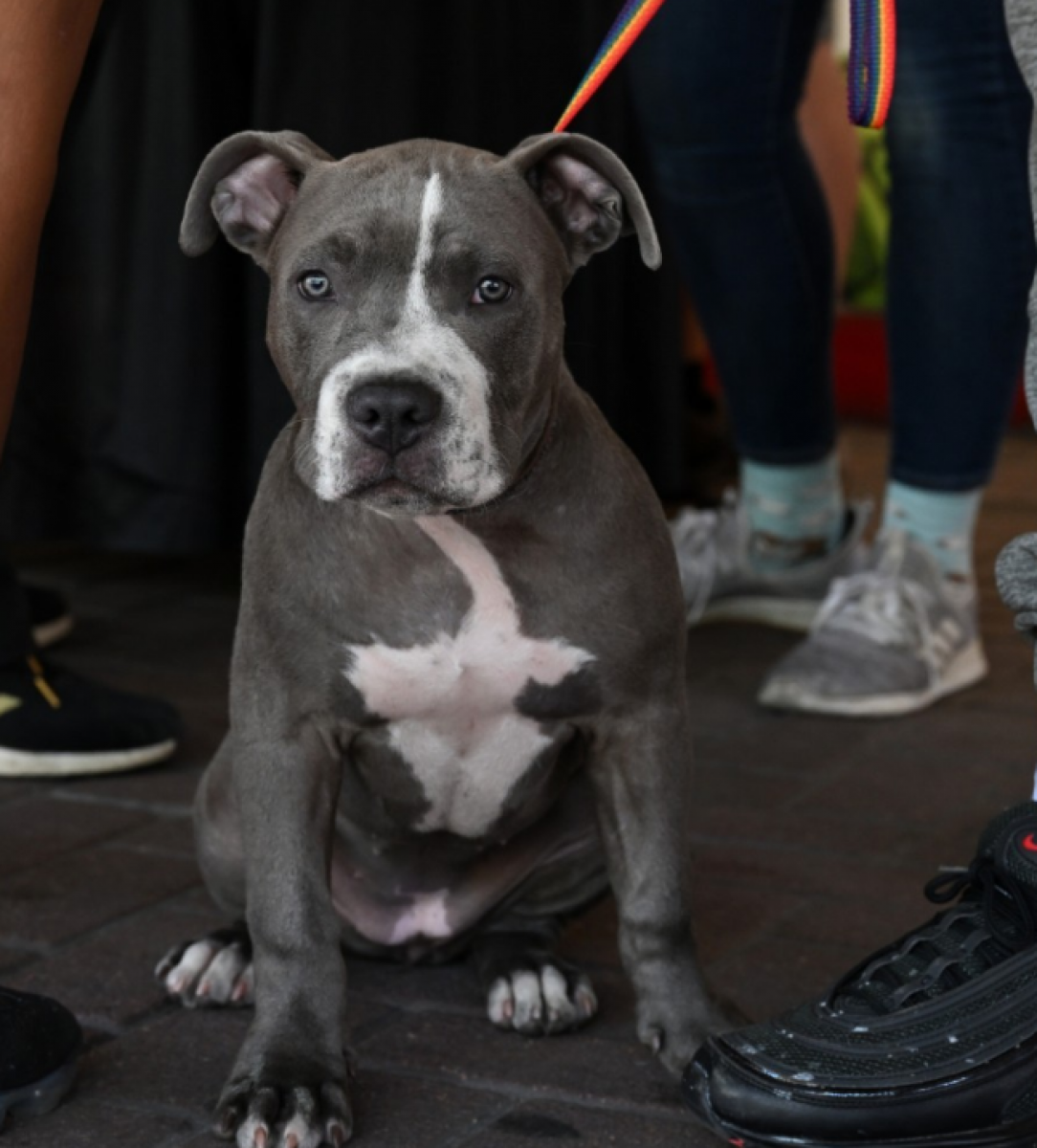
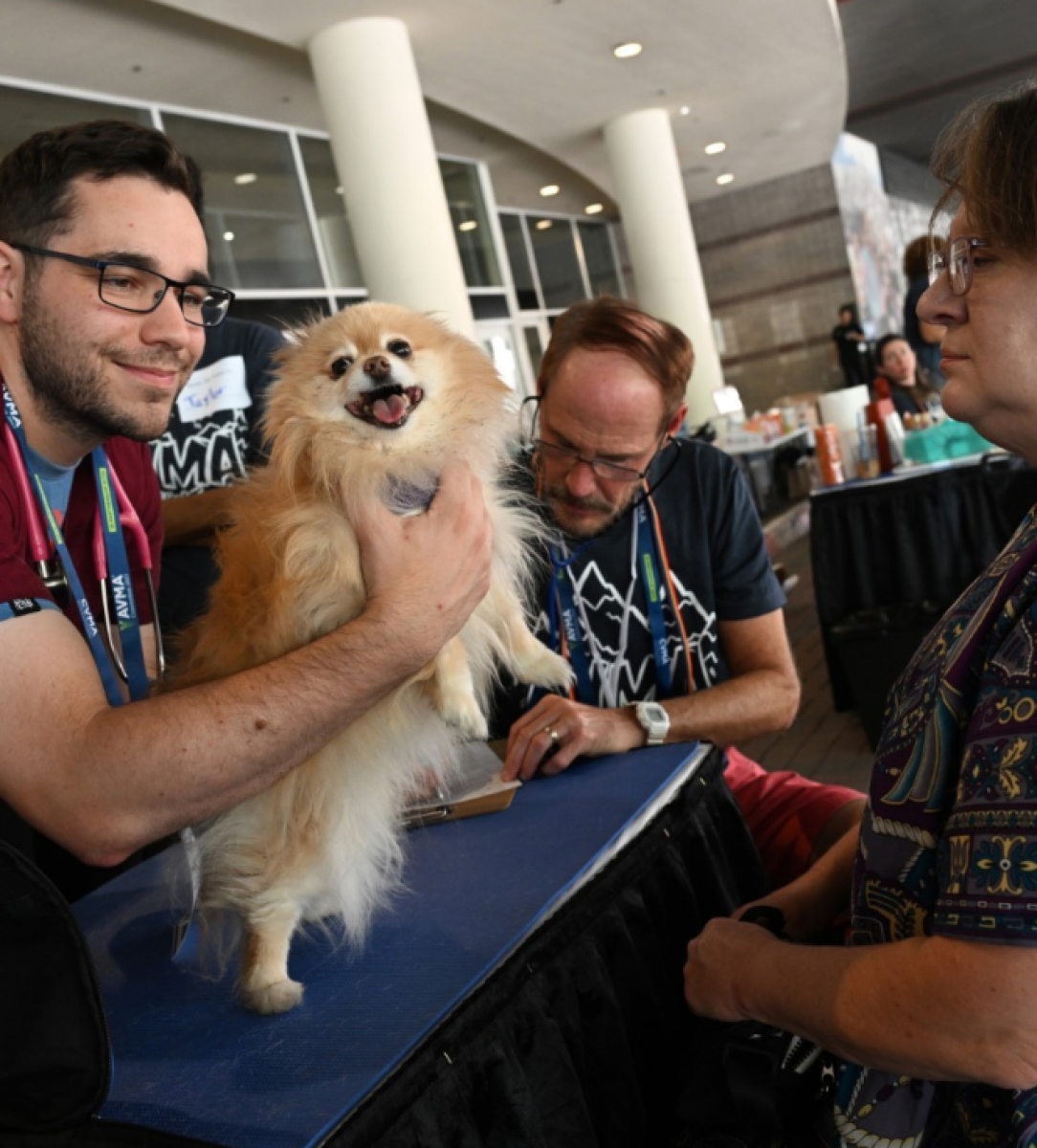
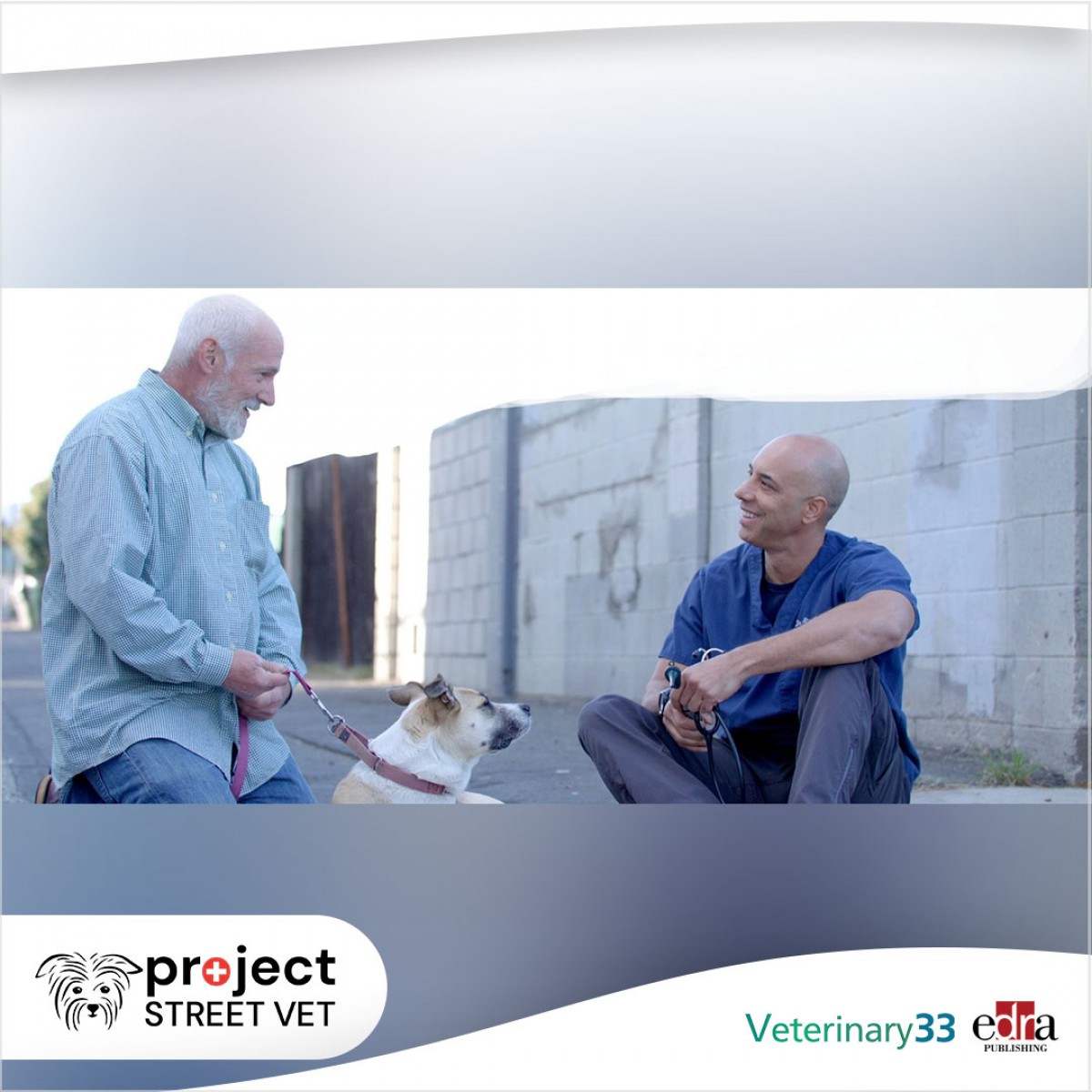

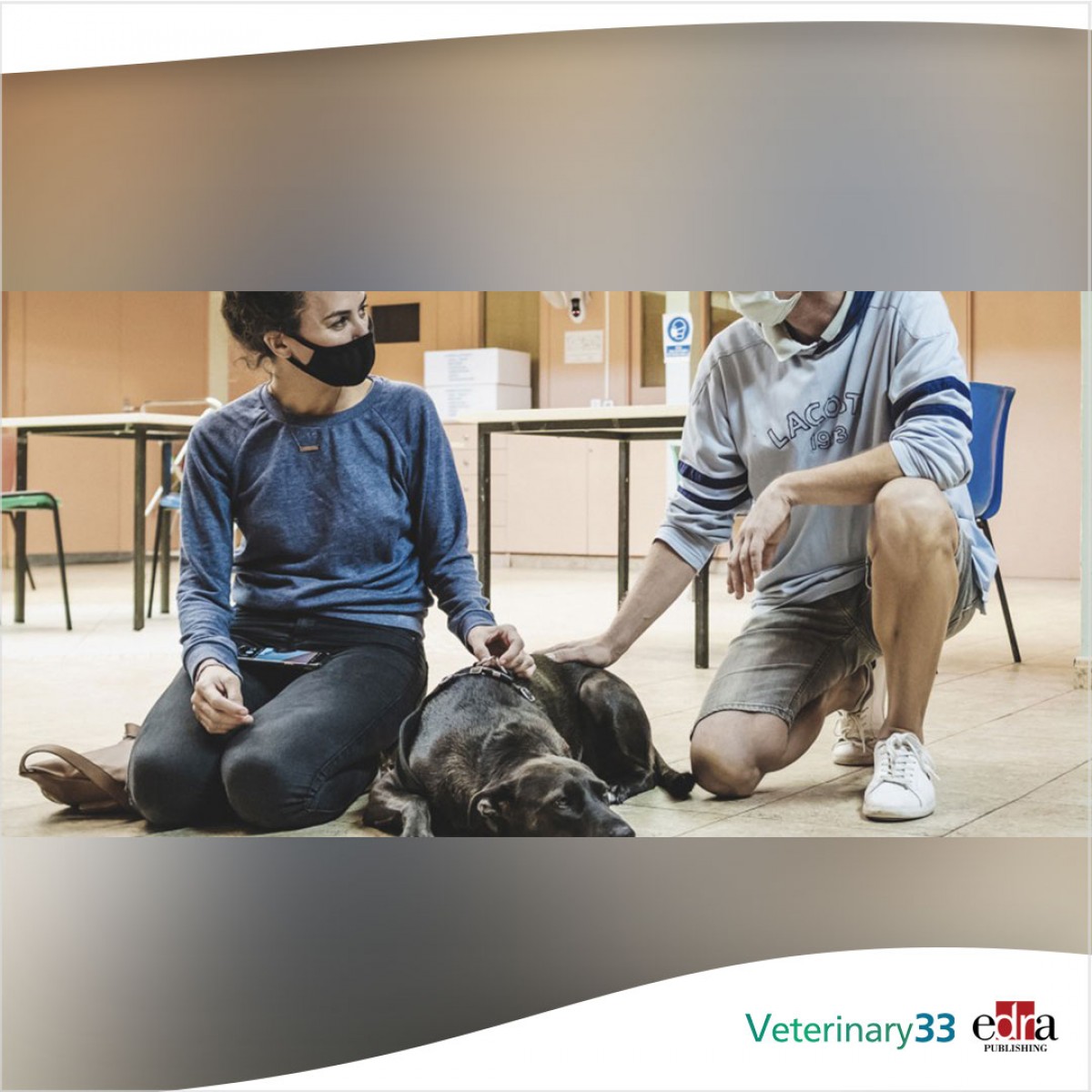




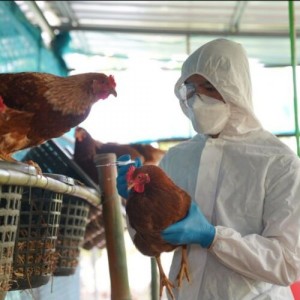
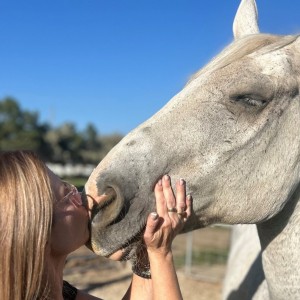
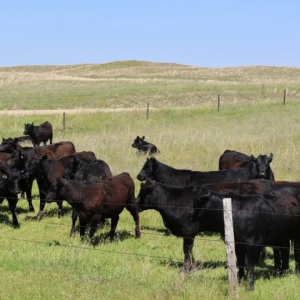

List
Add
Please enter a comment